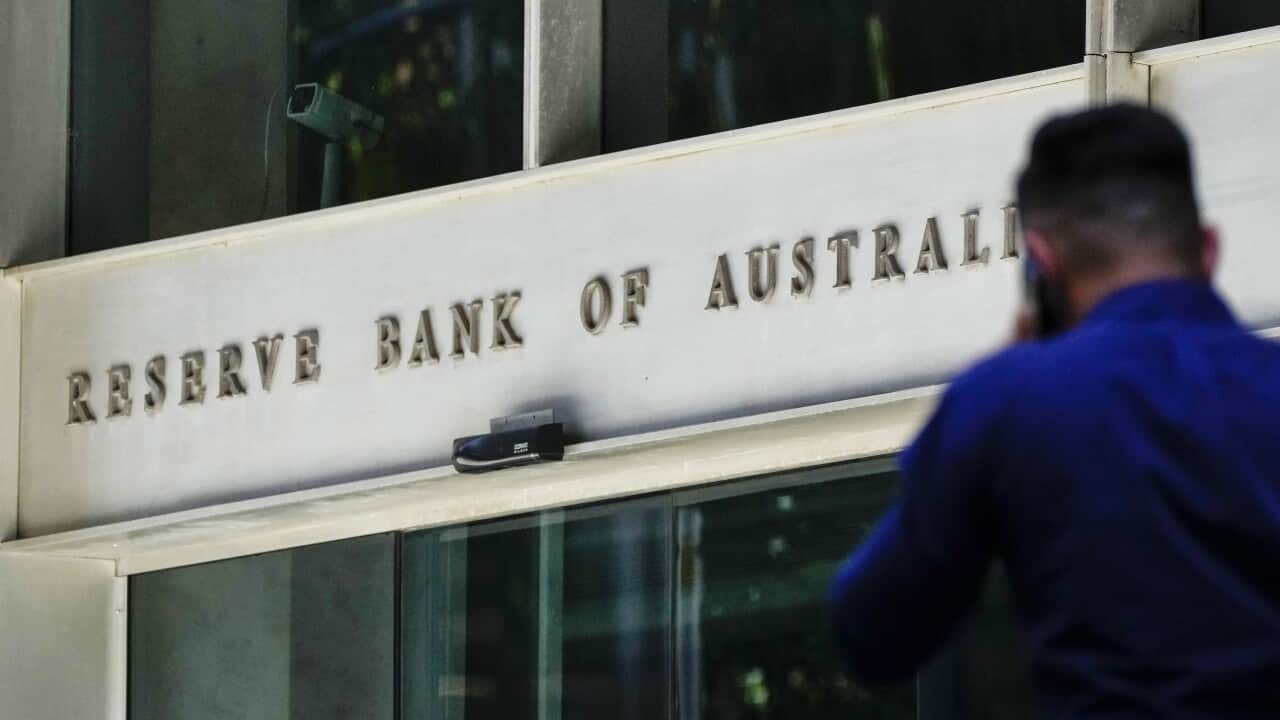Key Points
- The RBA raised the cash rate to 3.85 per cent, its highest in 11 years.
- Its governor, Philip Lowe, still hopes to bring inflation down.
- He fears if people start thinking it will not slow down, they will behave in a way that makes inflation worse.
The head of the Reserve Bank is still confident he can deliver a soft landing for the economy after the board pulled the trigger on another interest rate hike.
In a speech following a 25 basis point hike at the May cash rate meeting, RBA governor Philip Lowe said it was still possible to bring inflation back to target without causing a recession.
Dr Lowe told he told an RBA Board dinner in Perth the board opted to keep the cash rate on hold in April to take the pulse of the economy and incoming data suggested further tightening was needed.
"Since then, we have seen further evidence that the Australian labour market is still very tight, that services price inflation is proving to be uncomfortably persistent abroad, and that asset prices - including the exchange rate and housing prices - are responding to changes in the interest rate outlook," he said.
Asked if the central bank was playing "recession roulette" by hiking rates again, he said the "narrow path" to dodge a recession "wasn't getting any narrower" but there was still uncertainty clouding the outlook.
He also said returning inflation to target while preserving most jobs hinged on the population believing inflation would come down quickly.
"If people think inflation is going to remain high then, understandably, they will adjust their behaviour," he said. "Firms will be more willing to put up their prices and workers will seek larger pay rises."
Once inflation expectations become entrenched, he warned, it is much harder to get inflation down and it would require even more interest rate hikes and more job losses.

Governor of the Reserve Bank of Australia Philip Lowe. Source: Getty / Louie Douvis
Many experts expected the central bank to keep the cash rate on hold again after pausing in April but incoming data, including inflation, jobs and home price numbers, collectively built the case for another hike.
Dr Lowe said the board opted to keep the cash rate on hold in April to take the pulse of the economy and incoming data suggested further tightening was needed.
"Since then, we have seen further evidence that the Australian labour market is still very tight, that services price inflation is proving to be uncomfortably persistent abroad, and that asset prices - including the exchange rate and housing prices - are responding to changes in the interest rate outlook," he said.
The governor confirmed he was worried Australia would end up like many other major economies struggling with sticky services inflation.
"It is possible that circumstances might be different here in Australia, but the experience abroad points to an upside risk, especially given the high degree of commonality across countries in inflation dynamics recently," he said.
As in the statement on the most recent rates decision, the governor confirmed "some further tightening of monetary policy may be required" to get inflation down quickly enough, saying "the board is not on a pre-set course."











